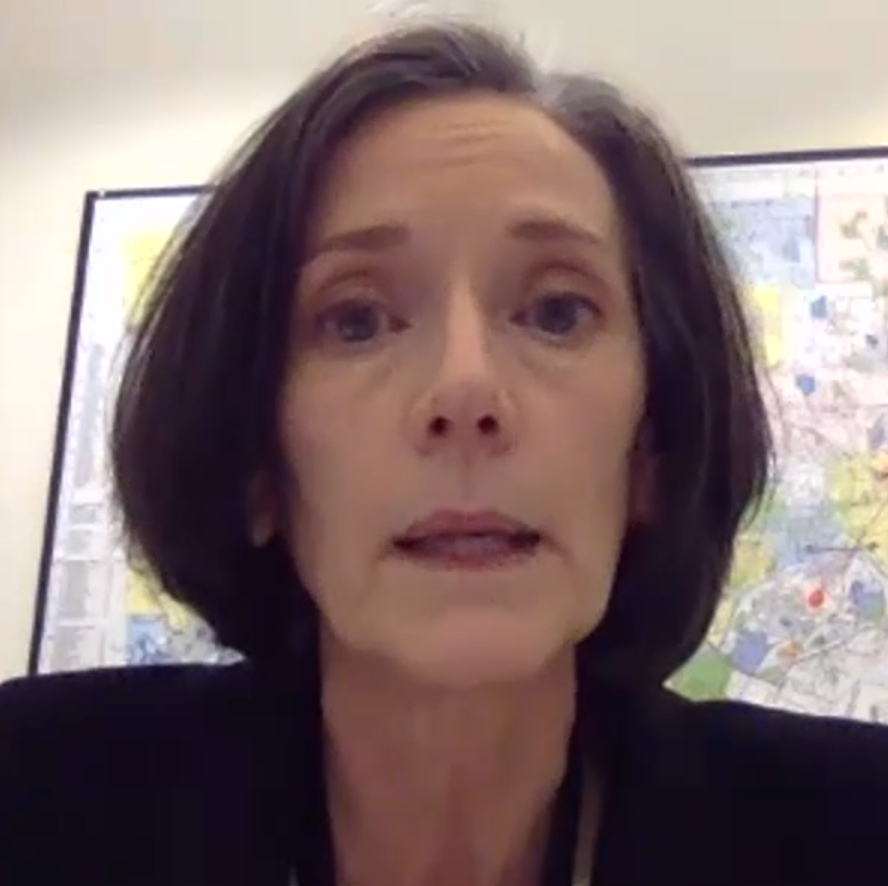ROSICA:Past Performance is an Indicator of Future Decisions

As summer comes to an end, election season is in full swing. While many consider these off-year elections unimportant, I believe that local elections impact us more than state and national races. Specifically, school board elections matter much more than many people realize.
First and foremost, Pennsylvania is one of very few states that grant school directors the authority to raise taxes without the consent of voters. Currently, the West Chester Area School District’s (WCASD) annual budget is over $300 million dollars. While many residents don’t mind paying taxes to support our schools, the district’s performance in recent years seems to indicate that there is not a strong return on investment. Paying your school taxes should be an investment in our students’ and our community’s future.
As a professional who has worked in the field of education for over 30 years, I do not believe that standardized tests are the best measure of individual student achievement. However, they are one indicator to assess the effectiveness of schools. With a $300 million annual budget, it would be a reasonable conclusion that the WCASD has stellar academic outcomes.
However, based on the Pennsylvania System of School Assessment (PSSA) testing data for 2022, only 25 percent of WCASD 8th graders were proficient in Math. Additionally, proficiency in English Language Arts for elementary school students actually dropped from 75% in 2021-2022 to 73% in 2022-2023. Learning to read at the elementary level is an indicator of future success. When a child leaves 5th grade below the proficient reading level, they are at a much greater risk of never learning to read and potentially dropping out of school. Currently, over 25 percent of the district’s elementary school children are not proficient in reading.
In addition to declining test scores, the Pennsylvania Department of Education recently placed two WCASD middle schools and one elementary school on a “watch list” because students in those schools are experiencing a prolonged period of academic distress. Fewer high school students are taking the SATs. While the budget has increased 52 percent since 2013, academic outcomes have decreased. This is not a very good return on the taxpayers’ investment.
Additionally, the Pennsylvania Auditor General issued a report in January stating that the WCASD school directors have not been good stewards of tax dollars. According to the report, the district played a “shell game” to move money around and “sandbagged” the budget to allow the board to raise taxes without taxpayer consent.
“The overall results of this audit should raise concerns due to the district’s common yet questionable practices that are placing an excess burden on taxpayers across Pennsylvania,” Auditor General DeFoor said in the report. While this activity was not illegal, it was at the least nontransparent, and at the worst, unethical.
There are three incumbent school board directors running for re-election in November. Those three directors voted to raise our taxes over multiple years when the Auditor General stated that it was unnecessary. These three incumbents also voted to keep schools closed and supported masking mandates after the state Supreme Court ruled that it was unconstitutional.
While many in our community have moved past the school closures and mask mandates, it is important to remember how much our children suffered both academically and socially. And our most vulnerable children have endured the most dire outcomes. Despite the evidence documenting the adverse effects of school closures, there are schools around the country that have already transitioned to remote learning due to COVID and others that have reinstated masking. Will WCASD do the same?
If past performance is any indication of future actions, the answer is yes. If the answer is no, then each of the three incumbents should publicly acknowledge their voting record and their poor decisions. They are at least partially responsible for the abysmal academic decline of the district, and they are responsible for raising taxes unnecessarily. Would you continue to invest in a stock portfolio with declining results and increased prices?
Absent assurances from the three incumbents regarding school closures, masking, academic performance, and taxes, we simply cannot trust them to do what is right for our students and our community. It is important to remember these facts on election day. Your vote is private, and no one needs to know who you vote for, so vote your conscience and do what is right and best for our children.




